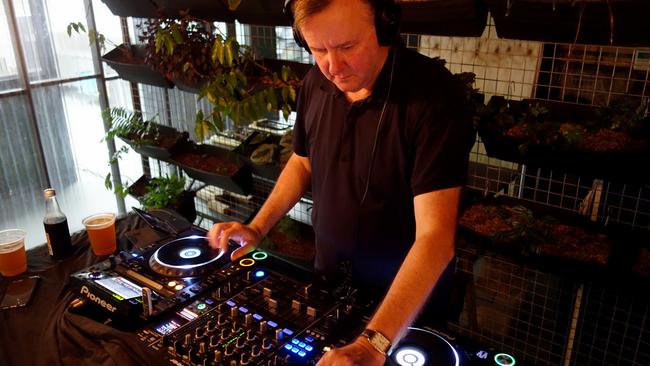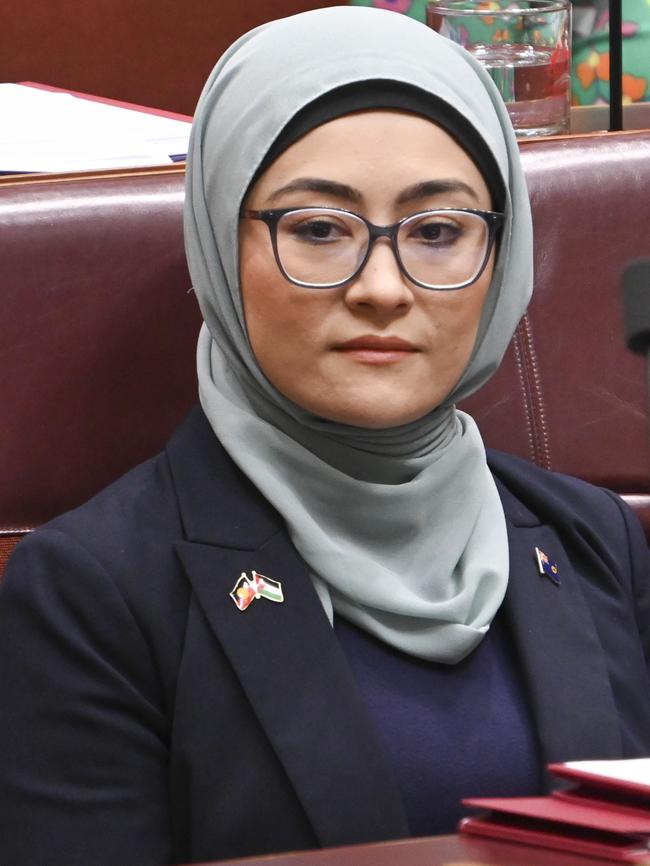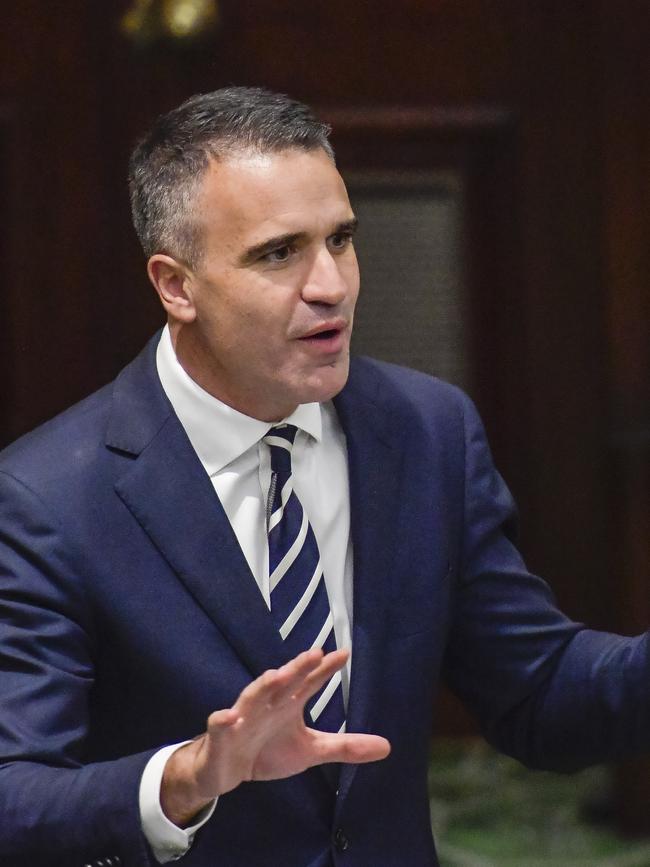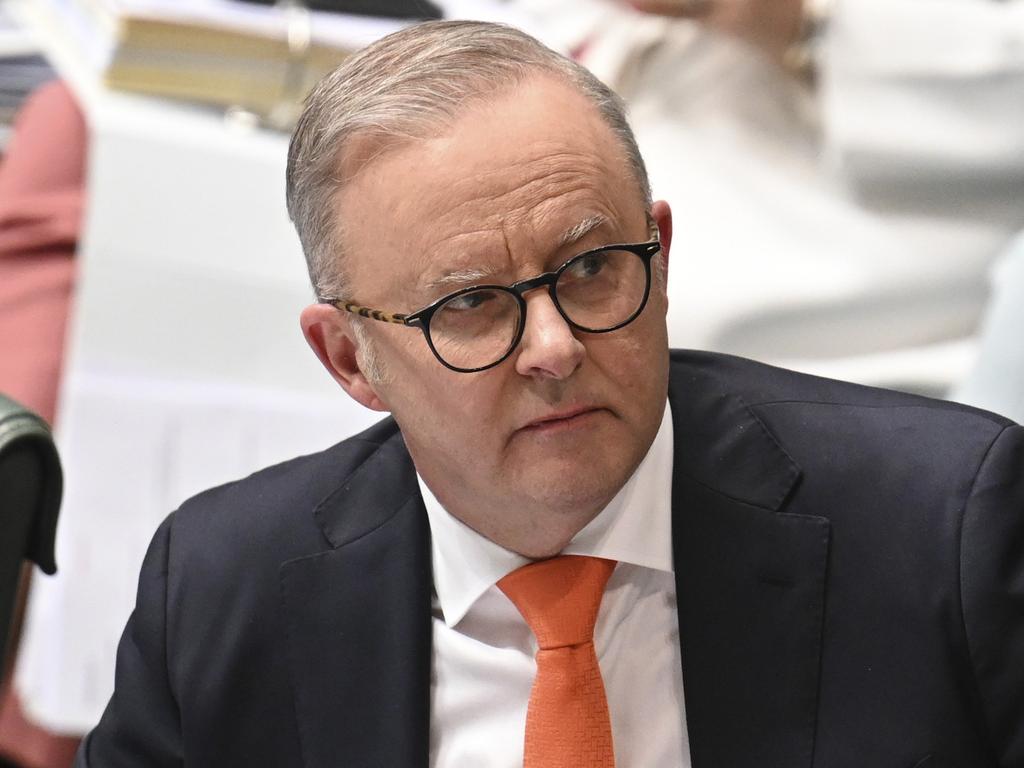
That is, I’m assured, the average view of 15-year-old Australians to Anthony Albanese’s anticipated social media ban for teenagers. Roughly translated, it means Albo is an old, mediocre man who should let things be and get on with his real job.
Out of the mouths of babes, eh?
The former Labor senator who could stand Labor no more, Fatima Payman, made similar remarks in the Senate on Wednesday, speaking entirely in youth colloquialisms, much of it derived from the home of high culture, not to mention expertise in the finer points of grammar and spelling, the United States of America. The now independent senator’s speech will have put Hansard transcribers in a state of deep confusion and my guess is one or two may have taken a few days of mental health leave.
Like almost everything that comes across the PM’s desk these days, the issue has been thrust upon him. Back in May, South Australian Premier Peter Malinauskas proposed a social media ban for all children under 14, with access permitted to 14- and 15-year-olds provided parental consent is given.

The Albanese government is nothing if not reactive but in fairness, it could not sit idly by and allow a set of restrictions to be imposed in one state with a different set of rules and regulations created in another state.
Figuring a barbecue-stopper was on his hands, the PM assumed the advocacy of the true believer. “The safety and mental and physical health of our young people is paramount. Parents want their kids off their phones and on the footy field. So do I”.
Out with social media, in with mandatory rugby league. Welcome to banning things we don’t like, episode 2518. The upside is no matter what restrictions are put in place for kids and their phones, they’ll still be able to watch the gambling ads on TV. Some social harms are more harmful than others, apparently.
What will happen at some point later in the year is that 151 men and women, most of whom would need to do a TAFE course to be shown how to a) take a photo on their phones, and b) send it to a social media platform for publication, will be responsible for approving restrictions on internet access to young people before sending it off to another group of 76 people for their approval, some of whom have struggled to post their opinions on social media without inadvertently showing footage of their most recent colonoscopy.
Hallelujah! We will have a new law or perhaps even more than one. Our children will be protected forever from … from … Bullying? Sexual predation from adults? Drug sales through KIK or Tinder? Does the government need to swat up on the Volstead Act to be reminded that prohibitions don’t work? Albo’s barbecue-stopper might be designed to garner support among concerned parents but it’s doomed to fail.
No matter what restraints are imposed, what technologically and legally fraught measures including facial recognition with their dark, Orwellian tones are put in place, they will be quickly swept aside by deft adolescent fingers who know their way around the internet better than mum, whose latest foray on the web landed 300kg of carrots on the front porch from an online supermarket order instead of the three required.
Advocates of the social media ban point to similar bans in other countries; the Republic of Ireland, the Netherlands, Italy, to name but three. But a closer look shows the same vexed response. There is a vague idea that access to social media should be restricted to those younger than 16 but no workable idea on how to go about it.
Three months ago the Irish parliament sought to ban 16- and 17-year-olds from viewing live streams from any one of a number of social media platforms such as TikTok, Facebook and YouTube, and came a cropper.

The new proposal is that parental control systems should apply only to 15-year-olds or younger in Ireland, and this can only be accommodated if the social media companies play ball. Even then, there is wide acknowledgment the restrictions won’t work for kids who want to get around them. And where does that leave us? Policing? Enforcement? Criminalising social media use?
The biggest reform has been undertaken already in most states in Australia – the very sensible move to keep mobile phones out of classrooms. There is a time and a place for everything, and children will, with the occasional stern reminder, appreciate that the classroom is no place to watch TikTok.
Rather than ordering kids on to the sports field while pandering to parents’ darkest fears, it might be nice to hear the Prime Minister say he has faith and confidence in our young people to manage the challenges they face. They are our greatest asset after all. There must also be an acknowledgment that while social media has a dark underbelly, it is a means for like-minded people to gather and converse. More good than harm comes from it.
The better choice, and a tougher political course of action, would be to educate and provide teenagers with social media literacy skills that include risk assessment and avoidance, and the importance of privacy. But that would be all too hard. As the kids say, cheugy. IYKYK.







That sigma gassin’ about us touchin’ grass. OK, boomer. Bro got no rizz. Mid, ya’. Totes mid. No cap, life without the gram and TikTok is whack. Just put the fries in the bag, bruh.